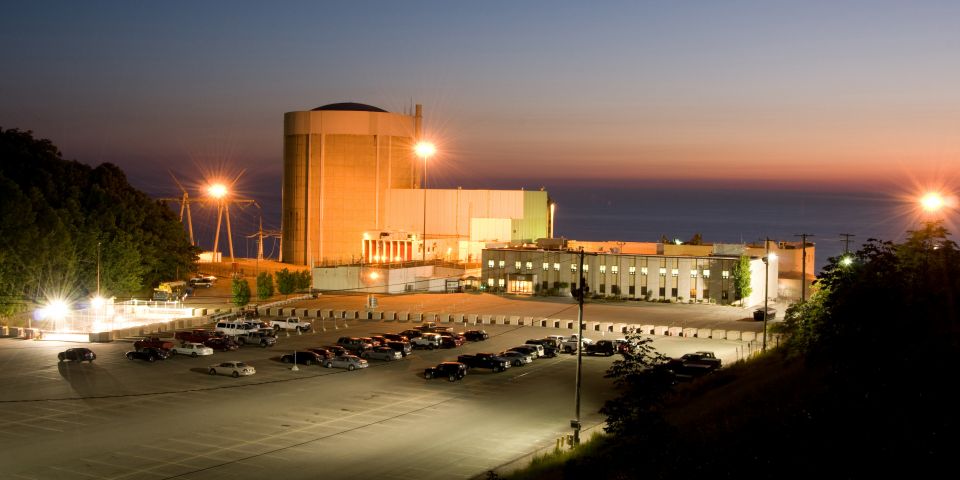NuScale cuts workers in move to “refocus”
NuScale announced today a 28 percent reduction in full-time staff, affecting 154 workers, as part of the company’s move to focus resources on “key strategic areas”— including deployment of its small modular reactor.




.svg.png)


